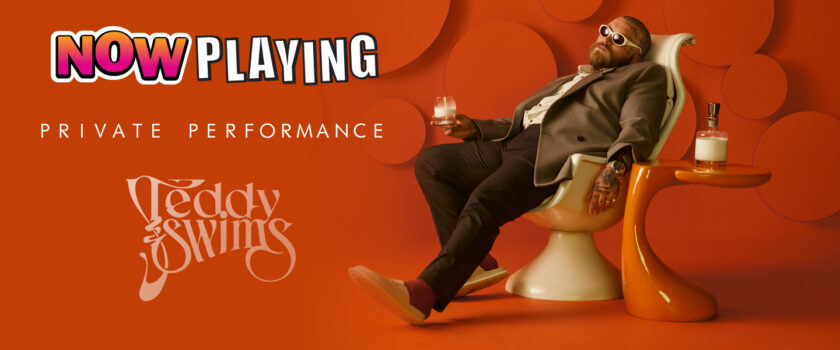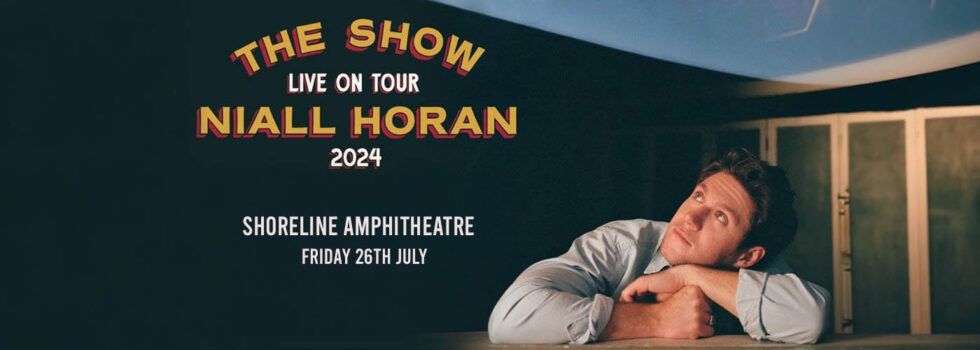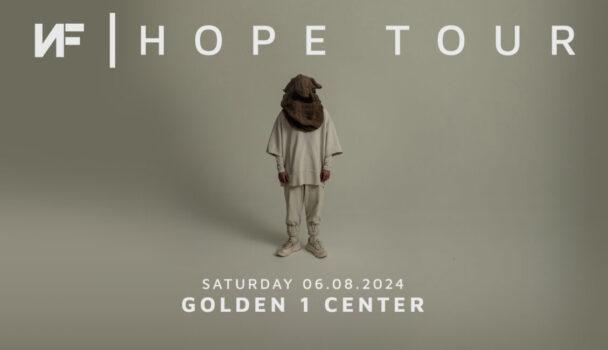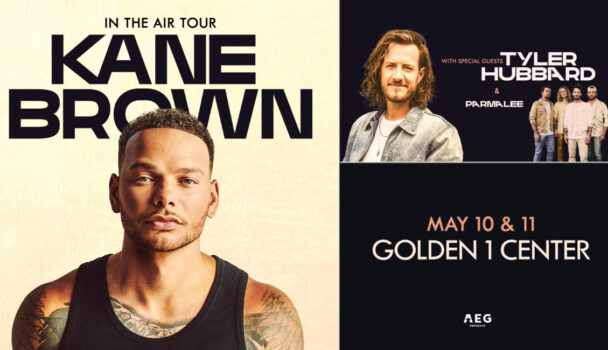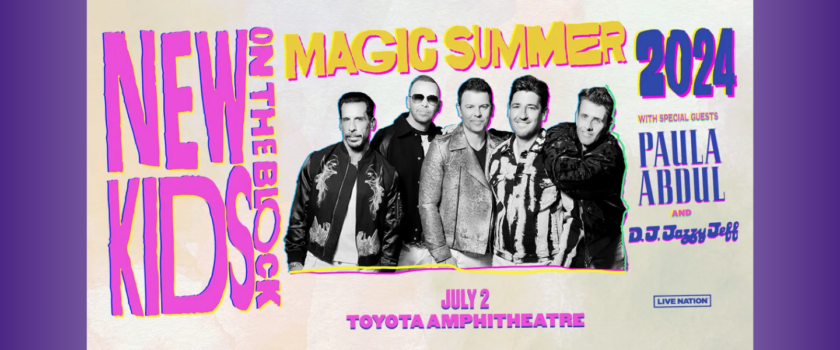Imagine Dragons’ Dan Reynolds on Depression, Family, LGBTQ Youth
“It’s about finally finding gratitude in my flaws, and my weakness, it has finally given me freedom.”
By kmvq on November 9, 2017
By Scott T. Sterling
Even the world’s biggest rock stars deal with depression.
That’s the message from Imagine Dragons’ frontman Dan Reynolds, who recently talked about dealing with depression while his band achieved worldwide fame and soared to the top of the charts.
Related: Imagine Dragons Jam with Kids at Arizona Children’s Hospital
“When I’m happy, I’m very happy. When I’m low, I’m so low, and they have had to deal with that for years and years,” Reynolds told CBS This Morning, going on to explain how the band took a year off from the rock whirlwind and returned to write the hit single, “Believer.”
“It’s about finally finding gratitude in my flaws, and my weakness, it has finally given me freedom. It’s made me a believer in myself,” Reynolds revealed.
“It’s honestly the most cathartic experience you know I’ve written hundreds and hundreds and hundreds of songs, most of them terrible but it was always my way of expressing myself and now to be able to be doing it in a way that’s very honest and raw and vulnerable, and even to share it sometimes with you know, what could be millions of people, I’ve found comfort in that, rather than fear,” he added.
The singer also talked about standing up for LGBTQ rights in his Mormon community, leading him to launch the LoveLoud music festival.
“LGBTQ youth who are not accepted in their home, or their community, are eight times more likely to commit suicide, three times more likely for risky drug use. There is a glaring problem” Reynolds said. “The whole part of LoveLoud was to say, this is inclusive for everyone. We’re not attacking an organization, we’re not attacking the Mormon Church. We just want to start dialogue about something everyone can agree on, which is that these statistics need to change.”
Ultimately, Reynolds said, he does what he does to set an example for his children to see.
“I have three daughters, and what I want to leave behind for them, is not, ‘Hey, dad wrote these songs.’ I need my little girls to know that I stood for my truth. And if I can do that, then I think I’ll be OK.”




